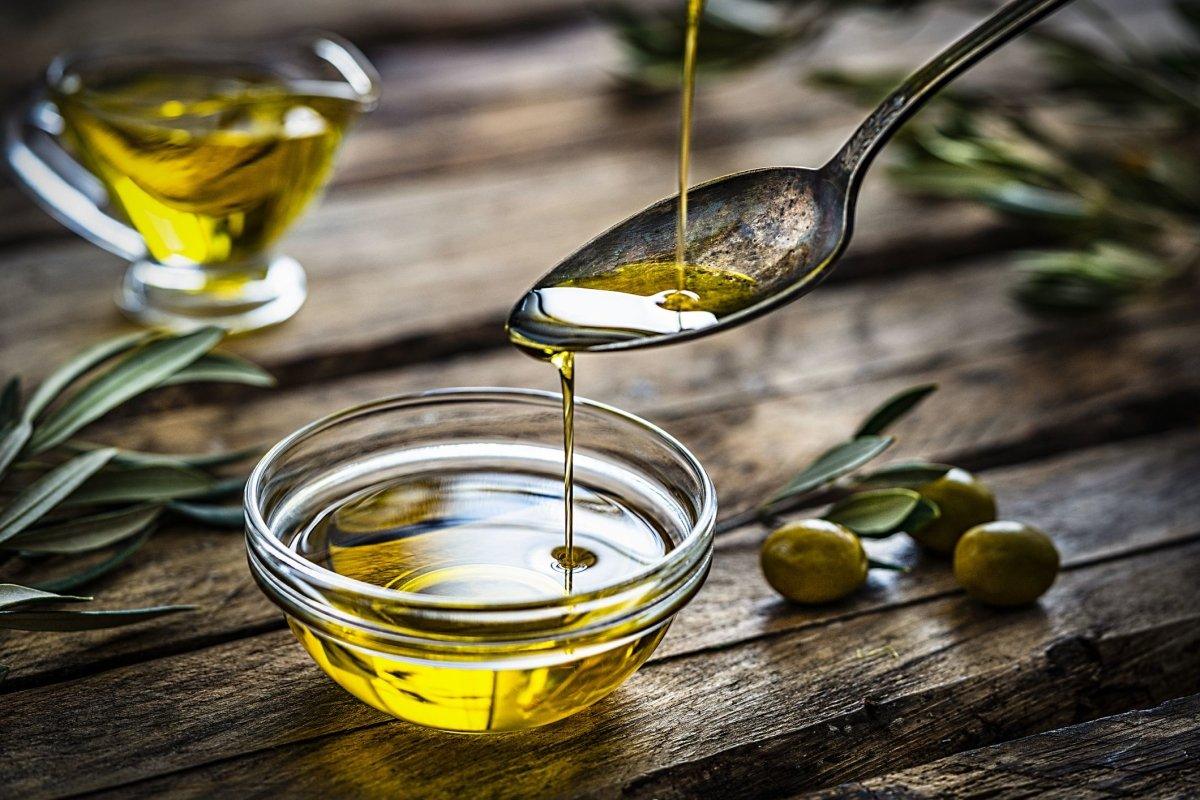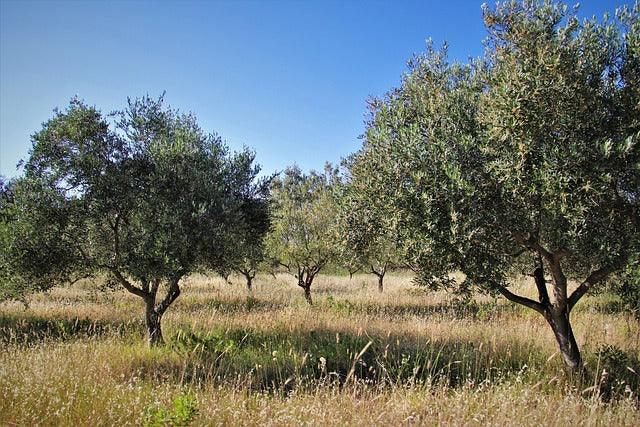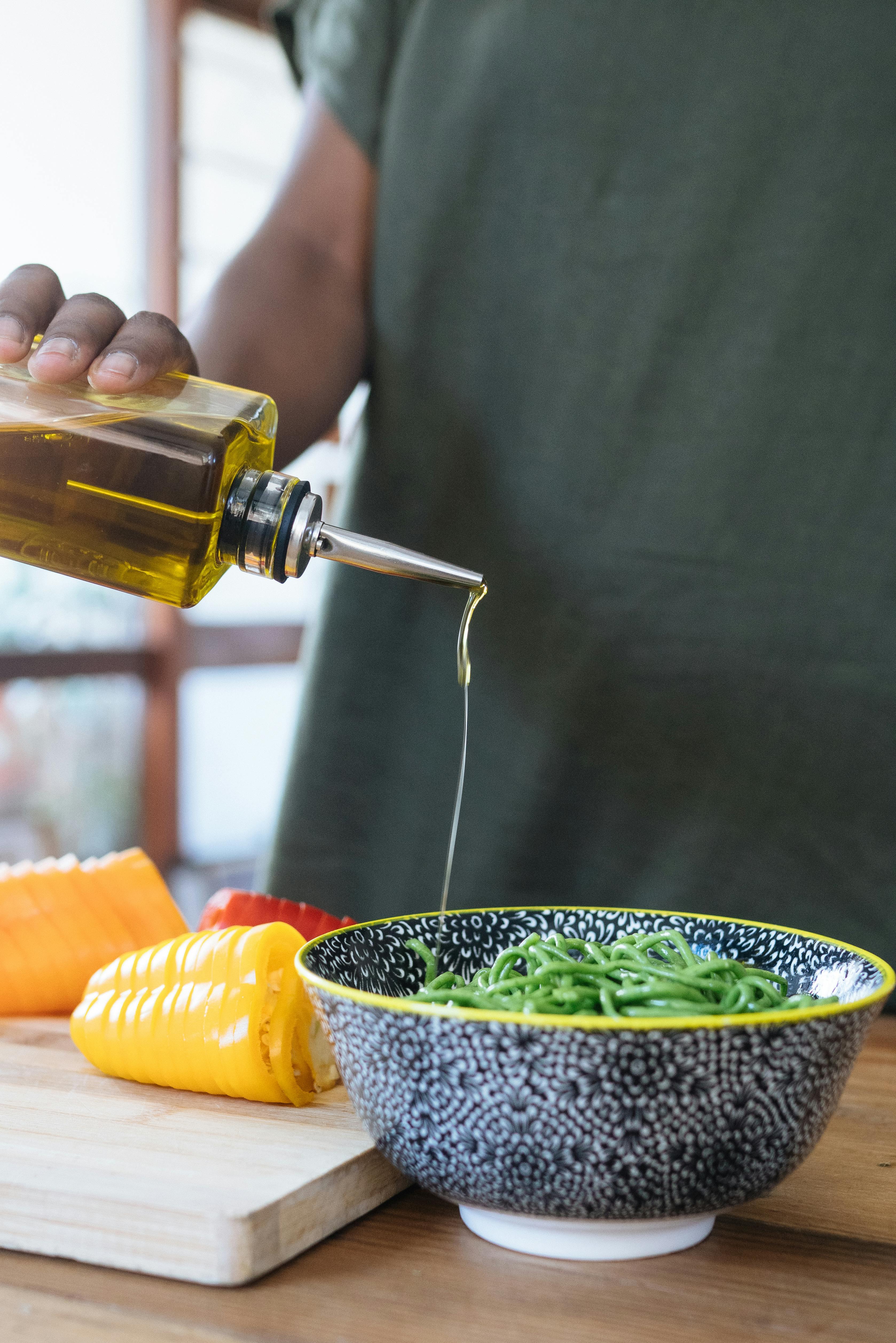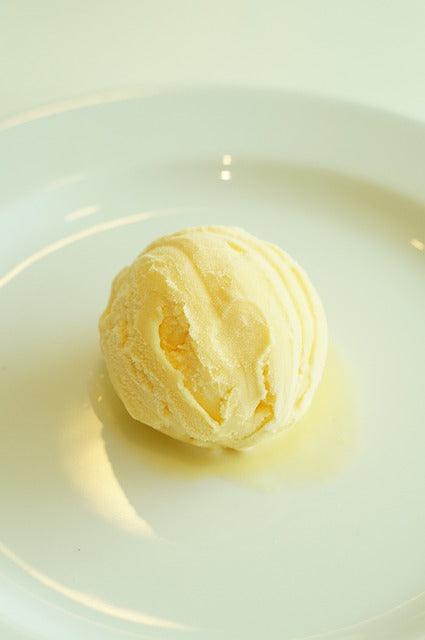Olive oil is one of the most popular and beloved cooking oils worldwide. It is a crucial ingredient in many delicious dishes and is highly valued for its health benefits. However, a pressing question arises: "Is the olive oil on your kitchen counter really 100% pure?" Unfortunately, the answer is often no. Olive oil is one of the most adulterated foods in the world.
In the highly competitive olive oil industry, some manufacturers boost their profit margins by adulterating olive oil with cheaper alternatives like sunflower or vegetable oil. This practice not only diminishes the quality of the product but also poses serious health risks to consumers.
Adulterated olive oil often loses its natural health benefits and can even be harmful. For example, mixing olive oil with inferior oils increases the saturated fat content, which is linked to health issues such as heart disease, obesity, and diabetes. Additionally, adulterated olive oil can be dangerous for individuals with allergies to certain vegetable oils, potentially causing severe allergic reactions and hospitalization. Some researchers have also discovered that the adulteration process may involve toxic chemicals that contaminate the final product.
The consequences of adulterated olive oil are significant both in the global market and the health sector. Beyond the health risks to consumers, it also negatively impacts the economies of major olive oil producers like Italy, Spain, and Greece. According to the Food and Agriculture Organization of the United Nations (FAO), olive oil adulteration costs the industry around $10 billion annually.
To protect yourself and ensure you are buying pure olive oil, consider the following tips. First, purchase olive oil from reputable sources such as trustworthy grocery stores or specialty shops. Second, look for certifications on the label that guarantee its 100% purity. Third, opt for olive oils that are cold-pressed or extra virgin, as these are less likely to be adulterated.
In conclusion, while olive oil is celebrated for its health benefits, the issue of adulteration is a growing concern that must be addressed. It's crucial to take the necessary measures to ensure you are purchasing pure olive oil to enjoy its benefits and avoid potential health risks.
To learn more about the rich history and benefits of olive oil, check out these additional resources:
- Health Benefits of Olive Oil
- The Mediterranean Diet Guide
External Links:
- Harvard T.H. Chan School of Public Health: The Nutrition Source
- Healthline: 11 Proven Benefits of Olive Oil
These links provide valuable information and insights that can enhance your understanding and appreciation of olive oil's historical and contemporary significance.












